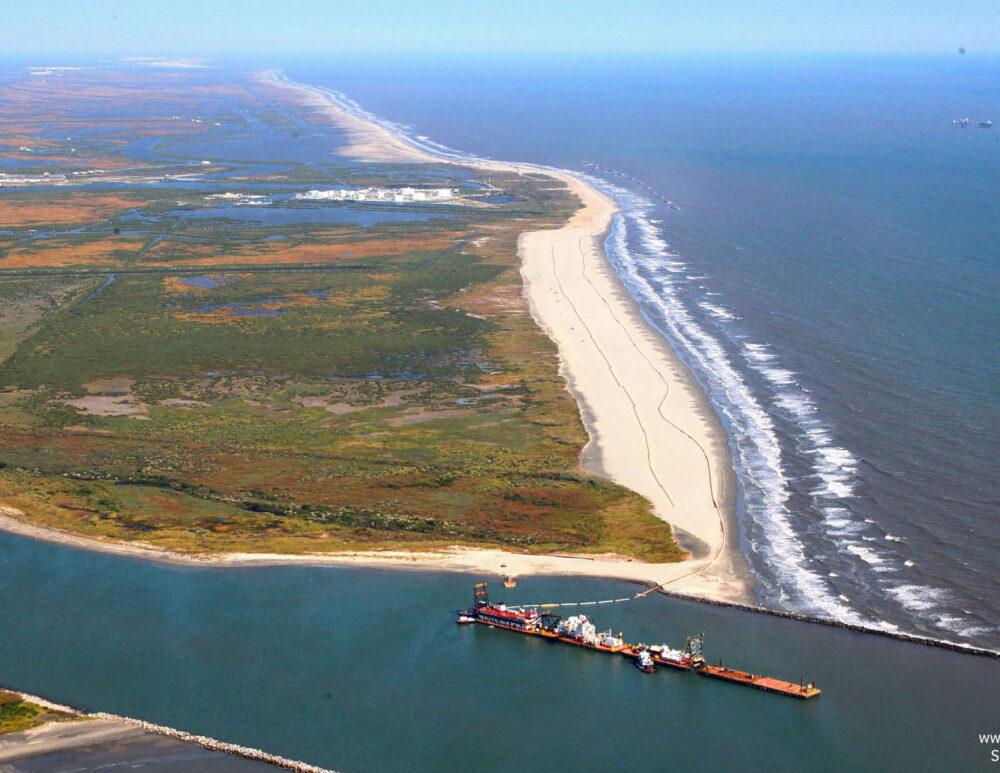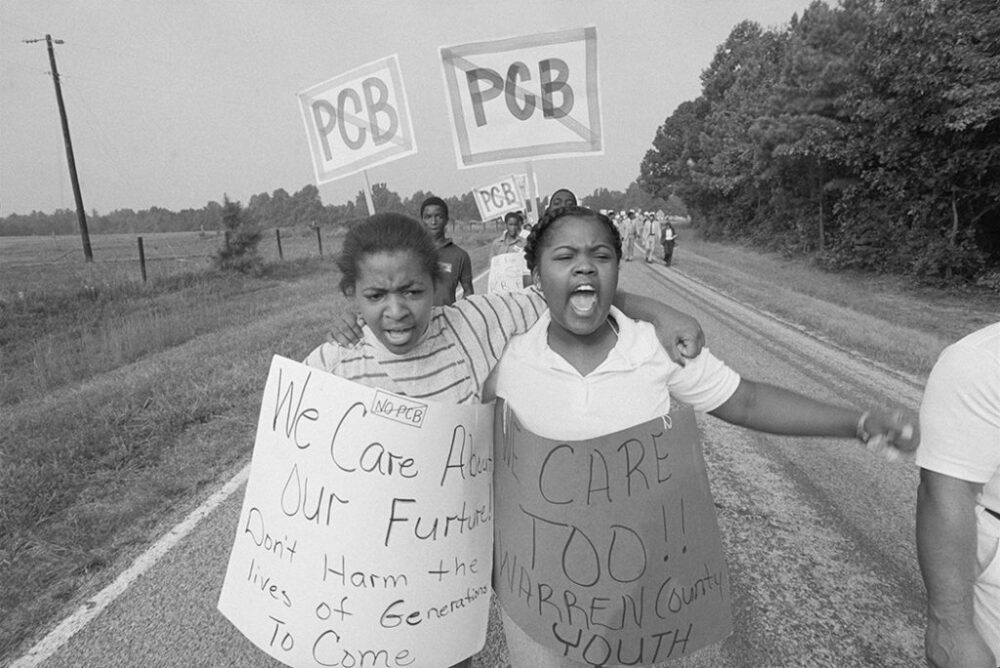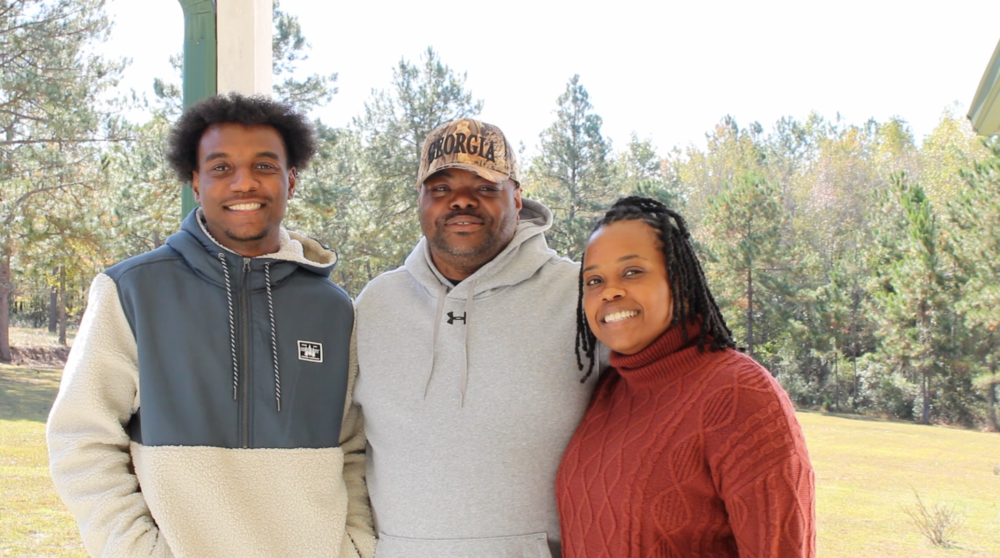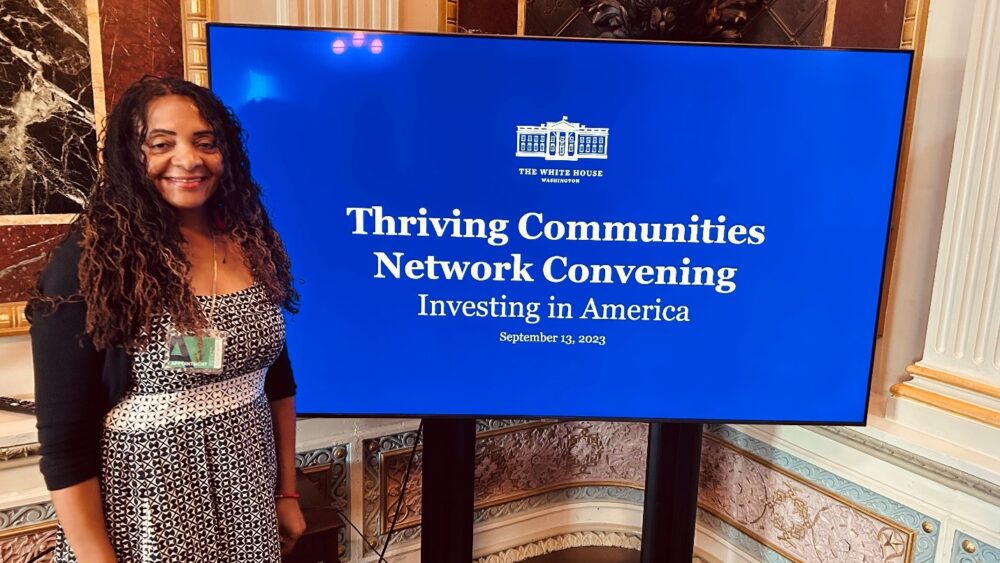We have much more to do and your continued support is needed now more than ever.
Launch of the Climate Equity Collaborative
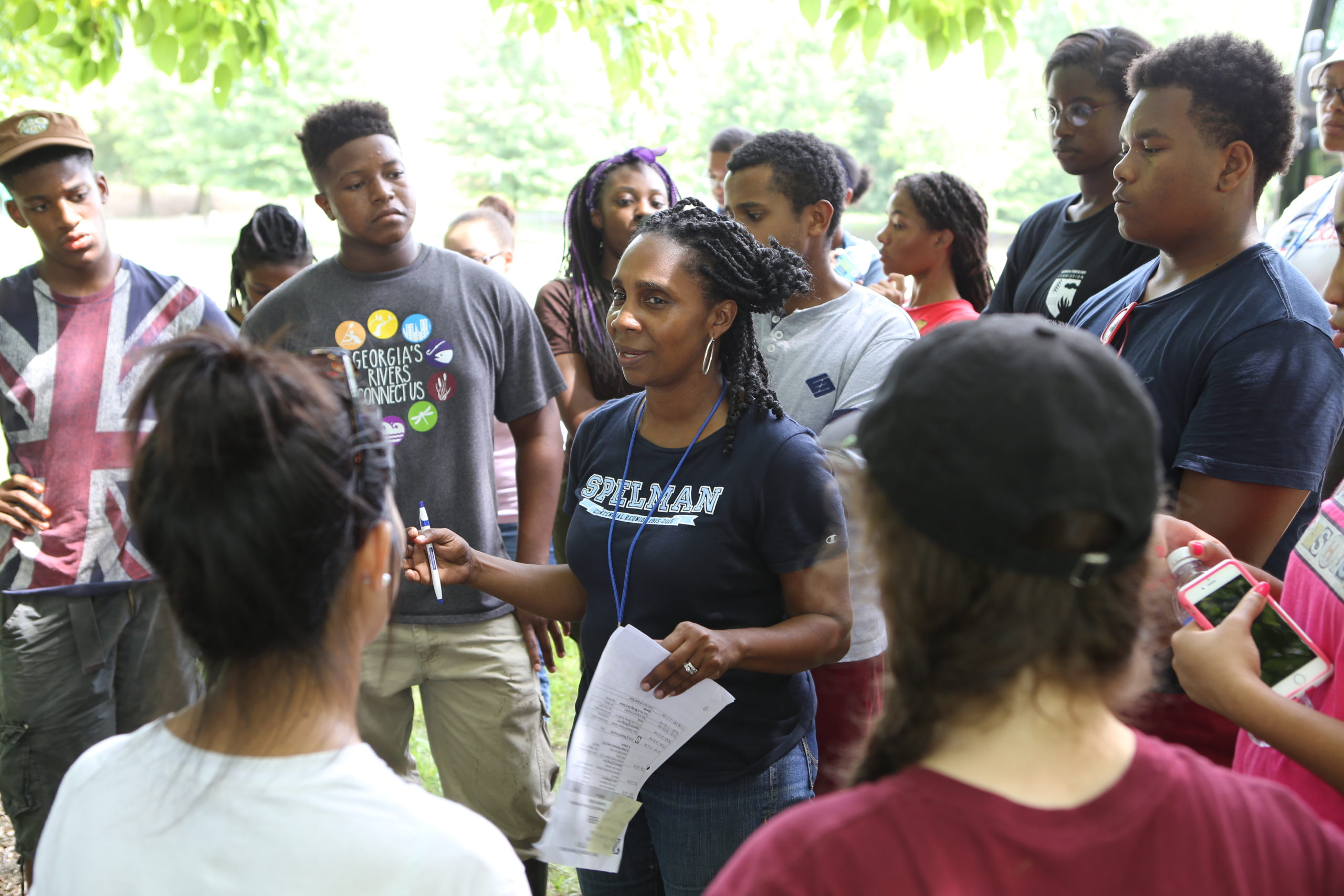
The impacts of climate change are complex, intersectional, and constantly evolving. Everyone is affected.
Over the past decade, we’ve gradually come to terms with life in a changing climate. Extreme weather feels more frequent. Wildfires on the west coast that keep our kids indoors now occur annually. Flash floods that strain our infrastructure no longer feel irregular and occasional.
Despite coming to terms with our new climate reality, only recently have the egregiously disproportionate impacts on vulnerable communities become a topic in the global climate conversation.
Climate change amplifies inequities
The recent water crisis in Jackson, Mississippi, is just one of the many contemporary examples of this inequitable impact. A history of discrimination and segregation has left the majority-Black city with aging infrastructure which, coupled with climate change, has resulted in unsafe drinking water for many of the city’s residents, among other health risks and environmental problems. In this case and many others, climate change amplifies historical and current inequities.
There are no easy solutions for Jackson and other communities suffering from inequity and systemic racism. Yet, even in our digital age, solutions feel incremental, siloed, and one-off for people in communities.
With the climate crisis reinforcing cycles of disparity, communities are feeling more disconnected than ever, particularly our youth, our children, Black, Brown, Indigenous communities, people with disabilities and other groups. For underserved communities, climate solutions seem insufficient, theoretical, and disconnected from what is happening on the ground.
Is passing out water bottles after a water system breaks down the best we can do? Is keeping kids indoors to avoid the latest heatwave our best solution? Is locking down and bracing ourselves for the next extreme weather event our only answer?
Our Vision
Our moment demands proactive, human-level interventions that enable communities to participate in climate decision-making and solutions. Translating this concept into practice will take a multitude of different forms. To elevate equity in the global climate conversation, the Climate Equity Collaborative (CEC) launched on September 13, 2022, just ahead of NYC’s Climate Week 2022.
We aim to engage at the system-level through public-private-partnership by centering our initiatives on climate education, children’s environmental health, environmental justice, and innovation.
The CEC is focused on addressing the disproportionate impacts of climate change on vulnerable communities and youth. We are committed to engaging an eco-system of partners – particularly youth and historically marginalized communities – in accelerating climate planning, bold transformative initiatives, and development efforts. The Collaborative’s public, private, and nonprofit stakeholders are committed to building on-ramps to climate action that meet the urgency of our moment.
General Motors (GM) and the National Wildlife Federation (NWF) are founding members of the CEC. NWF serves as a convener and GM a funding partner, having donated $1 million to the initiative through its Climate Equity Fund. Additional founding partners include Children’s Environmental Health Network, WE ACT for Environmental Justice, and the Community and College Partners Program.
The Executive Vice President of Conservation and Justice at NWF, Dr. Mustafa Santiago Ali, remarked the following, “The climate crisis is hitting Black and frontline communities first and worst. The Climate Equity Collaborative will help us ensure that efforts to address the changing climate and generational environment injustices reflect the perspectives and needs of impacted communities. We’re eager to build off the work to date of the Climate Equity Collaborative and inspire all communities to join us in this important work.”
Climate Week Launch
To help spread awareness of the Collaborative’s purpose, and elevate the need for equitable climate action, NWF and GM teamed up with global climate advocate, musician, and UN Youth Leader for Sustainable Development Goals, AY Young. Using an all-electric Chevrolet Bolt EUV, provided by GM, Young drove from the Detroit, MI Auto Show to New York City ahead of NYC’s Climate Week to showcase the growing accessibility of electric vehicles and expanding infrastructure. Along the way, Young stopped at colleges and universities such as Wayne State University to speak with students about climate equity, and upon his arrival in NYC, performed a concert featuring music from his new Project 17 album.

Building off of this momentum generated during Climate Week, stakeholders from various organizations convened in Atlanta, GA for an Innovation Sprint, organized by Accenture, to help build out strategic focus areas for the CEC moving forward. These priorities include equitable access to resources for communities, climate education as an onramp to economic opportunities, and leveraging technology to facilitate climate action through storytelling and digital medium.
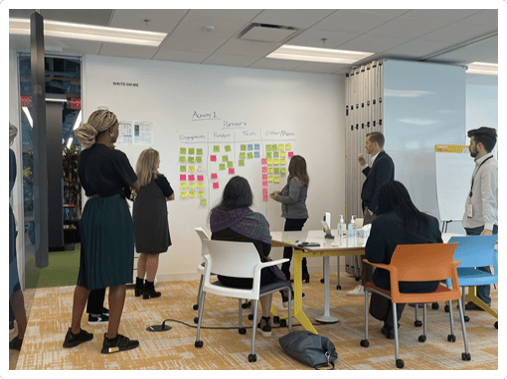
Justin Harris, Interim Executive Director for CEC, shares that, “for a system-level partnership to get off the ground, CEC seeks values-driven organizations ready to lean into innovation, intersectionality, and inspiration. We look forward to growing our ecosystem of partners.”
To learn more about the Climate Equity Collaborative and find out more about where we’re headed, visit our website!















